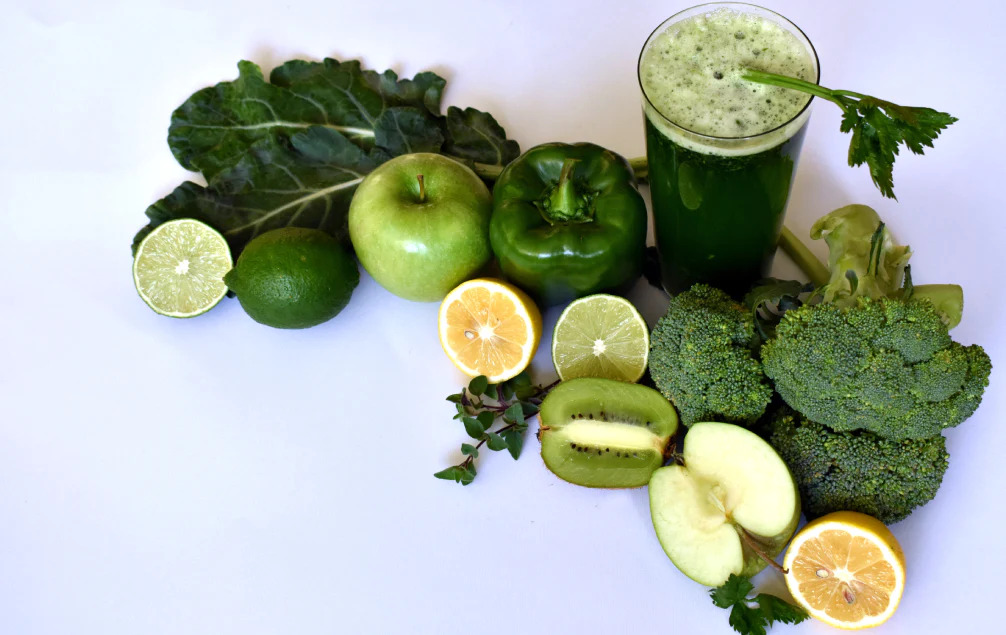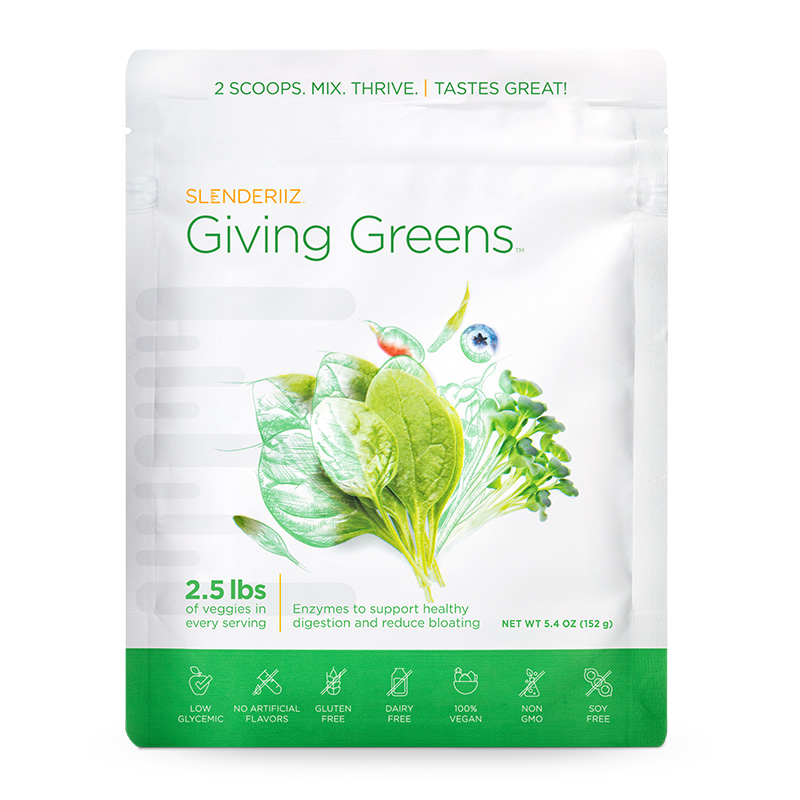
Greens to Drink, what are these?
Greens to drink refer to a range of leafy greens, vegetables, and superfoods that are blended or juiced to create a liquid form. These beverages are packed with essential vitamins, minerals, antioxidants, and phytonutrients that contribute to overall health.
Why Should You Drink Greens?
Including greens in your diet offers a multitude of advantages. These nutrient-dense beverages are an excellent way to supplement your daily nutrient intake, particularly for those who struggle to consume sufficient servings of vegetables and leafy greens in their regular meals.
Types of Greens to Drink
1. Leafy Greens
Leafy greens like spinach, kale, collard greens, and Swiss chard are rich in vitamins A, C, and K, as well as iron and calcium. Blending them into smoothies or juicing them with other fruits and vegetables creates a delicious and nutritious drink.
2. Green Vegetables
Cucumber, celery, broccoli, and green peppers are some examples of green vegetables that can be incorporated into green juices. These vegetables are low in calories and high in fiber, making them an excellent addition to any greens-to-drink regimen.
3. Wheatgrass
Wheatgrass is a potent superfood that boasts a high concentration of chlorophyll, vitamins, and minerals. It is believed to have detoxifying properties and is commonly consumed as a wheatgrass shot.
4. Spirulina
Spirulina is a blue-green algae that is available in powdered form. It is a complete protein source and contains essential amino acids, making it a popular addition to smoothies and juices.
Nutritional Benefits of Greens
1. Rich in Vitamins and Minerals
Greens to drink are a fantastic source of vitamins A, C, E, and K, along with minerals like potassium, magnesium, and calcium. These nutrients are essential for maintaining good health and supporting various bodily functions.
2. High Antioxidant Content
Antioxidants found in greens help combat oxidative stress and free radicals in the body. This can contribute to reducing the risk of chronic diseases and promoting healthy aging.
3. Detoxifying Properties
Certain greens, such as wheatgrass and spirulina, are known for their detoxifying properties. They aid in flushing out toxins from the body and supporting liver health.
4. Supports Digestive Health
Greens are a great source of dietary fiber, which promotes healthy digestion and aids in regular bowel movements. This can help prevent constipation and support gut health.
How to Incorporate Greens into Your Diet
1. Green Smoothies
Green smoothies are a delicious and convenient way to consume greens. Simply blend your favorite greens with fruits, yogurt, or milk for a refreshing and nutritious drink.
2. Green Juices
Freshly squeezed green juices provide a concentrated dose of nutrients. Experiment with different combinations of greens and other vegetables or fruits to find your perfect blend.
3. Salads and Wraps
Add a variety of greens to your salads or use large leaves as wraps for a light and healthy meal option.
4. Blending in Soups and Sauces
Boost the nutritional value of your soups and sauces by blending in some greens. This works particularly well with leafy greens like spinach or kale.
Tips for Choosing and Storing Greens
1. Buying Fresh Greens
When purchasing greens, look for vibrant colors and crisp leaves. Choose organic options whenever possible to minimize exposure to pesticides and chemicals.
2. Proper Storage
Store leafy greens in the refrigerator, preferably in airtight containers or bags, to maintain freshness and prevent wilting.
Precautions and Potential Side Effects
1. Allergies
Individuals with allergies to certain greens, such as ragweed, may experience allergic reactions. It's essential to monitor for any adverse effects and consult a healthcare professional if necessary.
2. Oxalates and Kidney Stones
Some greens, like spinach and Swiss chard, contain oxalates, which can contribute to kidney stone formation in susceptible individuals. Moderation is key, especially for those prone to kidney stones.
3. Interactions with Medications
If you are taking medications, particularly blood thinners or medications for diabetes, consult your healthcare provider before incorporating greens into your diet, as they may interact with certain medications.
Conclusion
Incorporating greens to drink into your diet can be a game-changer for your overall health and well-being. These nutrient-dense beverages offer an array of vitamins, minerals, and antioxidants that support various bodily functions and promote longevity. Whether you choose to enjoy green smoothies, fresh juices, or incorporate greens into your meals, remember to do so mindfully and enjoy the numerous health benefits they offer.
Frequently Asked Questions (FAQs)
1. Are greens to drink suitable for everyone?
While greens are generally safe and beneficial for most individuals, those with allergies or specific medical conditions should exercise caution and seek medical advice if needed.
2. Can greens replace a balanced diet?
While greens provide essential nutrients, they should complement a well-balanced diet rather than replace it entirely. A diverse and balanced diet is key to overall health.
3. How much greens should I consume daily?
The recommended amount of greens varies based on individual needs and dietary preferences. However, aiming for at least 2 to 3 servings of greens per day is a good starting point.
4. Can I drink greens while pregnant or breastfeeding?
Pregnant and breastfeeding individuals should consult their healthcare provider before incorporating greens into their diet to ensure safety for both the mother and baby.
5. What is the best time to drink greens?
There is no specific best time to consume greens. You can enjoy them as part of your breakfast, as a mid-day snack, or alongside your meals. Find what works best for you and your daily routine.

